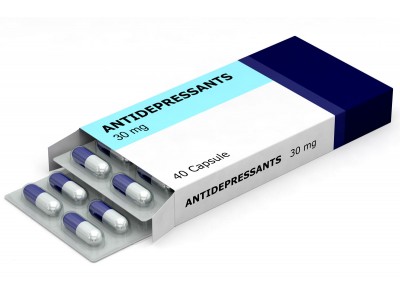Selecting an appropriate antidepressant for someone with severe anxiety depends on individual factors such as specific symptoms, overall health, medical history, and response to previous treatments. Several classes of antidepressants are effective for both depression and anxiety disorders, and among these, certain medications are commonly recommended.
Selective serotonin reuptake inhibitors (SSRIs) are often the first-line treatment for anxiety and depression due to their efficacy and relatively favorable side effect profile. Commonly prescribed SSRIs include:
Sertraline (Zoloft): Effective for generalized anxiety disorder (GAD), social anxiety disorder (SAD), panic disorder, and depression. It has a well-established safety profile and is frequently used in clinical practice.
Escitalopram (Lexapro): Known for its efficacy in treating GAD and major depressive disorder (MDD). It is often well-tolerated and has fewer side effects compared to some other SSRIs.
Paroxetine (Paxil): Useful for GAD, SAD, panic disorder, and depression. It tends to be more sedating, which can be beneficial for patients with anxiety-related insomnia but may cause more side effects such as weight gain and sexual dysfunction.
Serotonin-norepinephrine reuptake inhibitors (SNRIs) are another option for treating anxiety and depression. Two commonly prescribed SNRIs include:
Venlafaxine (Effexor XR): Effective for GAD, SAD, panic disorder, and depression. It targets both serotonin and norepinephrine, which can be beneficial for patients who do not respond adequately to SSRIs. However, it can have more pronounced side effects, including increased blood pressure at higher doses.
Duloxetine (Cymbalta): Useful for GAD and depression, and also approved for pain management in conditions such as fibromyalgia. It is often well-tolerated and can address both mood and physical symptoms associated with anxiety and depression.
Other options include:
Buspirone (Buspar): Specifically used for anxiety, though it is not an antidepressant. It can be added to an SSRI or SNRI for additional anxiolytic effects.
Mirtazapine (Remeron): An atypical antidepressant effective for both anxiety and depression. It tends to be more sedating, which can help with insomnia, but may cause weight gain and increased appetite.
Each of these medications has its own set of potential side effects, and individual responses can vary. It is crucial to work closely with a healthcare provider to monitor effectiveness, manage any adverse effects, and make any necessary adjustments. Regular follow-up appointments allow for fine-tuning of the treatment plan to achieve the best possible outcomes for managing severe anxiety and depression.
